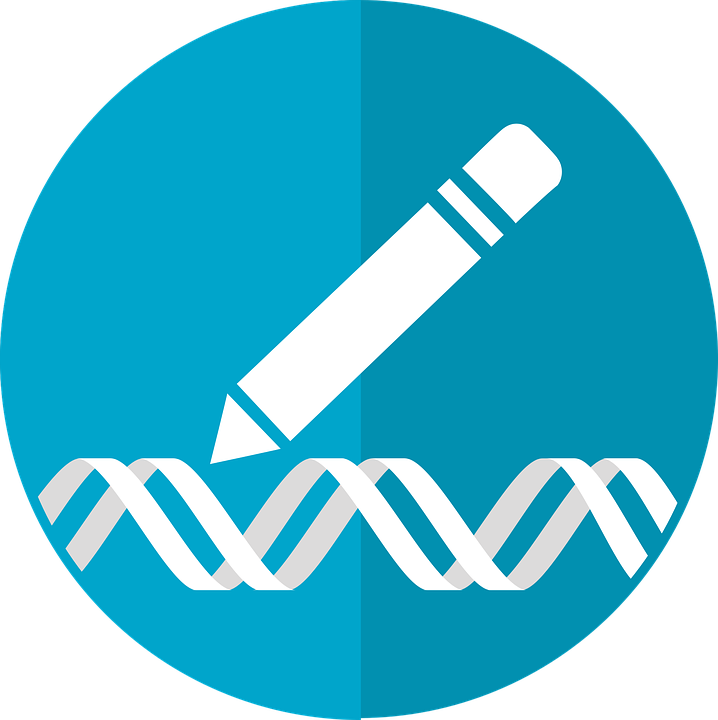Aggregated News

Pro Argument
Marcy Darnovsky, Ph.D. , Katie Hasson, Ph.D.
Executive Director, Center for Genetics and Society; and Program Director on Genetic Justice, Center for Genetics and Society. Written for CQ Researcher, April 2019
The proposed five-year global moratorium on heritable genome editing is a minimal but welcome step. It affords the time necessary to engage in democratic decision-making about a powerful technology with the potential to harm the health of future generations, exacerbate social inequality, and create new divides between genetic haves and have-nots.
The prospect of heritable germline editing — producing future people with engineered genes and traits — was first discussed as a policy matter around the turn of the millennium. To date, every nation where legislators have debated the issue concluded that it should be banned. These prohibitions remain settled policy in dozens of countries, including most of Europe.
Recent technical developments do not change the underlying logic. We can and should encourage efforts toward safe, effective, affordable gene therapies to treat sick people — and we should forgo heritable genome editing because it would be unacceptably...



